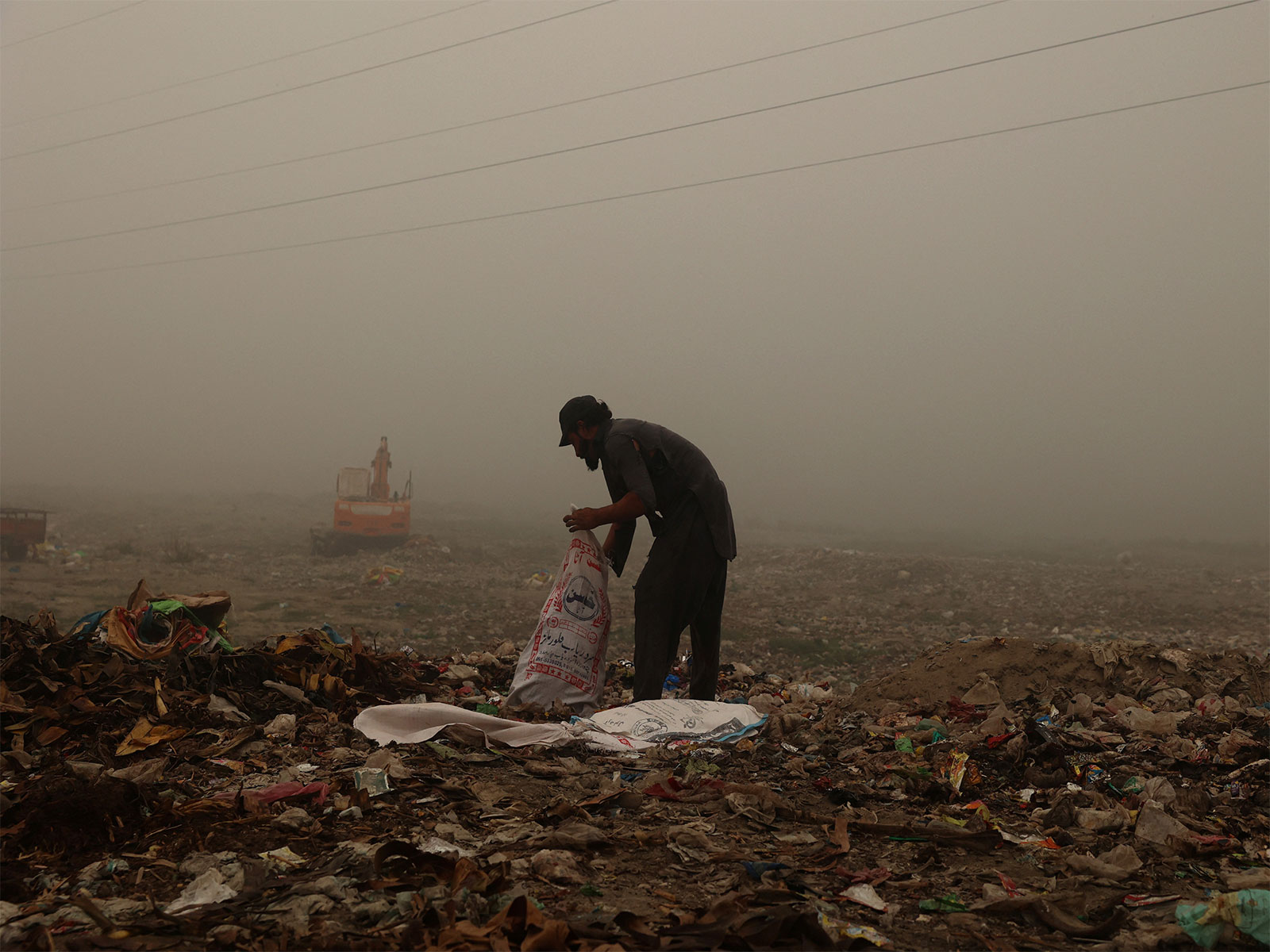Pakistan's power regulatory authority announces increase of PKR 5.63 per unit in electricity price
Jan 31, 2024

Islamabad [Pakistan], January 31 : Pakistan's National Electric Power Regulatory Authority (NEPRA) on Wednesday announced that electricity prices in Pakistan will be increased by Pakistani Rupees (PKR) 5.63 per unit, Pakistan-based ARY News reported.
The price hike was announced after the NEPRA completed a hearing of a petition by the Central Power Purchasing Agency (CPPA) that demanded a hike in electricity tariffs under monthly adjustment for December 2023, according to ARY News report.
The NEPRA's decision will place an additional burden of PKR 49 billion on the power consumers. The people will pay an additional amount in electricity bills in February. It is the second rise of electricity tariffs within months as NEPRA had previously increased per unit electricity cost by PKR 4.13 in November last year, ARY News reported.
Earlier this month, people in Pakistan-occupied Kashmir (PoK) intensified protests as they were facing load shedding of around 18 to 20 hours in the intense winter season.
Despite frequent load shedding, the local residents had to pay inflated electricity bills, which has added fuel to their anger. Amid intensified protests against load shedding, a large number of people in the area had called for a boycott of bill payments until their grievances are addressed.
Earlier in December, a complete shutter-down strike was observed and the local residents had called on the government to act quickly to stop load shedding. Earlier in September, civil society activists were seen throwing thousands of electricity bills into a river in Muzaffarabad.
People's cries, however, have failed to fall on the deaf ears of the government. People of all ages and economic classes have been affected by the electricity crisis. Power outages during school hours had disrupted the regular functioning of schools in PoK and students find it very difficult to do academic work.
Local residents had claimed that only the large government offices have access to amenities like heaters and generators. They assert that the majority of the time, the bills for these facilities go unpaid. Local residents urged the government to discontinue the practice of VVIP culture and insisted that their basic rights come first.
The residents of the area that produces a large amount of electricity were facing unwarranted financial hardship due to the spike in bills. They have been struggling for their rights ever since Pakistan's illegitimate occupation began in the region.



















